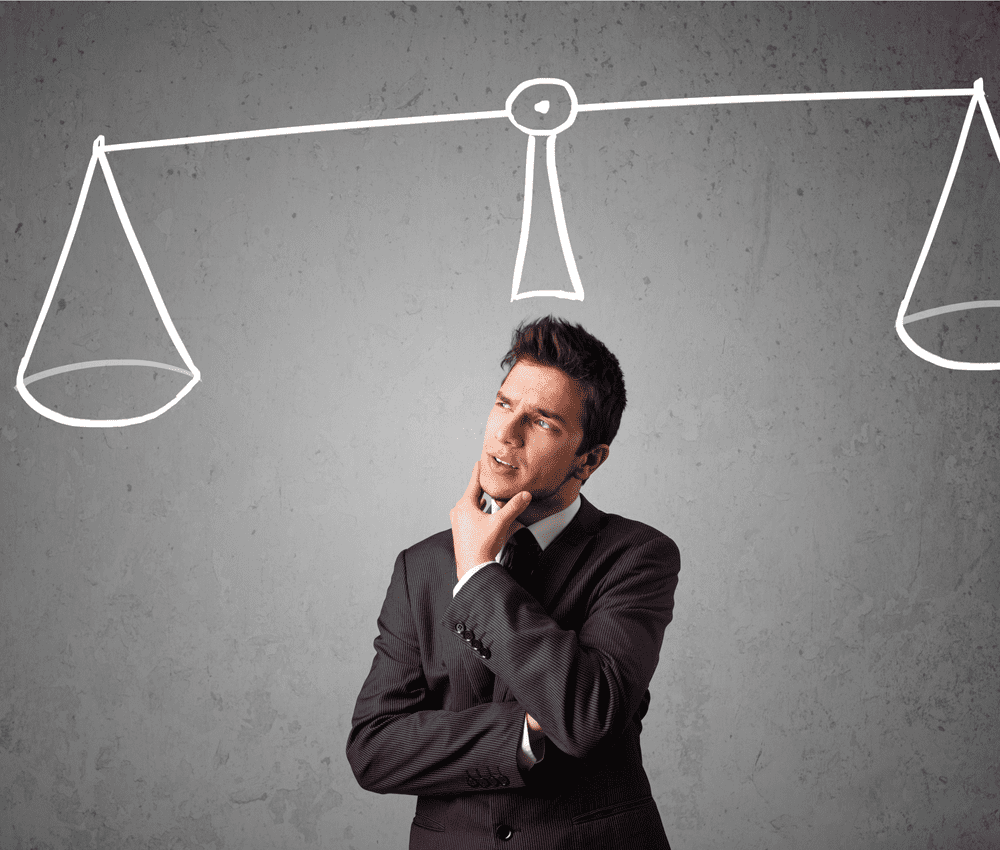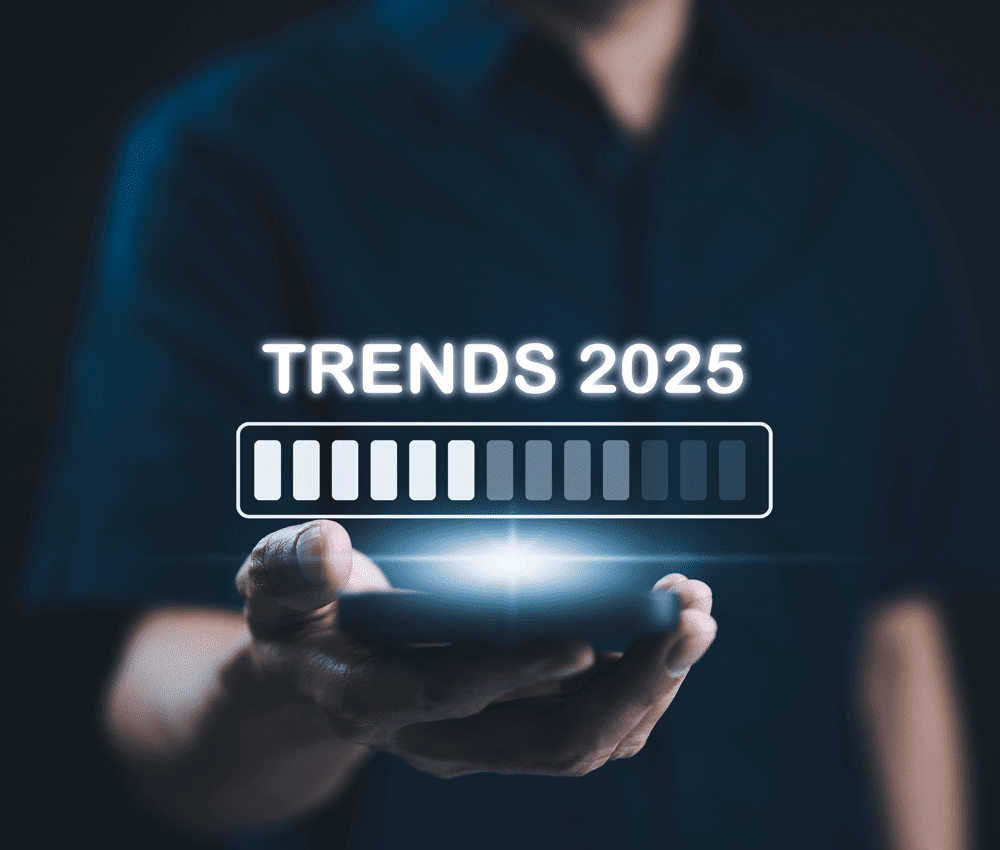
Can You Legally Call Yourself “The Best Lawyer”?
by Kristi Patrice Carter, JD
I’ve been testing ChatGPT to see what all the buzz is about. I asked it to create a polished social media post for a personal injury lawyer in Illinois.
The result? Visually appealing. Sounded professional.
The headline read:
“Call the Best Lawyer in Illinois.”
Looks good? ✅ Yes.
Legal? ❌ Absolutely not.
Under Illinois Rule of Professional Conduct 7.1, the framework is set to guide and support professionals in their duties, ensuring that attorneys remain ethical and clients are protected and not improperly influenced.
This includes:
- False or misleading communications about the lawyer’s services or abilities. Ex. claiming that you are licensed in 3 states when you’re licensed in two)
- Misrepresentations and omissions that could lead to misunderstandings or create unjustified expectations. Ex. You claim that you’re a lion in the courtroom when you haven’t won a case and often don’t show up for hearings or court.” Or, you state you have 10 years of experience when you have 2 years of experience.
- Claims that can’t be objectively verified, such as calling yourself “the best.”
- Unsubstantiated comparisons to other lawyers, such as saying you’re more loyal to clients than your competitor.
Violations of the above can trigger Attorney Registration and Disciplinary Commission (ARDC) sanctions or state bar disciplinary action.
Anyone (a client, peer, or competitor) can file a grievance. Both entities are responsible for regulating the legal profession and take misleading lawyer advertising seriously, regardless of whether AI is used to generate the content in question.
Discipline ranges from warnings to more formal consequences like suspension or disbarment.
✅ You can say “award-winning” or “top-rated” if you can prove it.
So go ahead and brag about that Burton Award — if you’ve earned it.
However, don’t claim to be “the best” unless you’ve objective, verifiable proof, especially in Illinois and other states with similar regulations.
Bottom line:
Don’t claim what you can’t prove. Know your state’s advertising rules.
Unlike AI tools that can create risky copy, KPC Marketing delivers legally accurate, bar-compliant messaging that builds trust, not liability.
We know the rules. And we follow them.
#AttorneyEthics #LegalMarketingTips #BarCompliance #LawyerAds #KPCMarketing #AvoidBarComplaints






